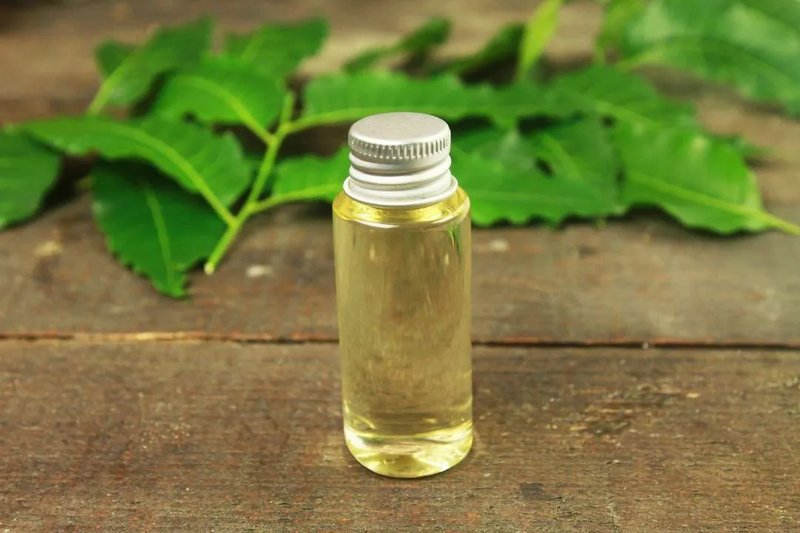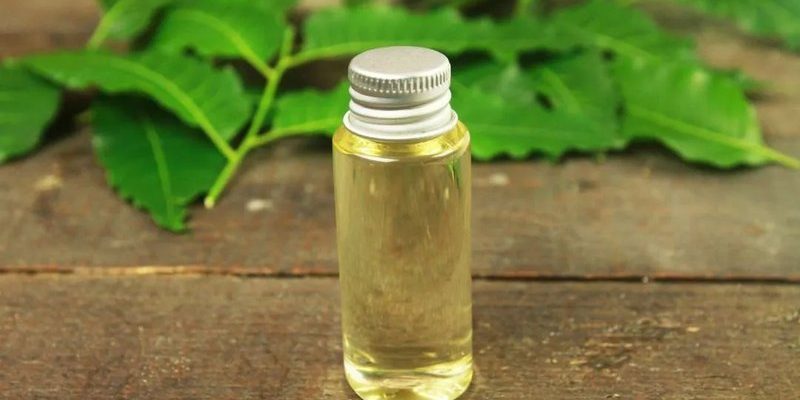
Let me break this down for you. Neem oil is derived from the seeds of the neem tree, which is native to parts of Asia and Africa. Its active ingredient, azadirachtin, disrupts the life cycle of pests like hornworm larvae. When it’s applied to plants, it affects their ability to eat and reproduce. So, not only do you get rid of the little pests munching on your greens, but you also stop future generations from showing up. If you’re a beginner gardener or just looking to adopt a more eco-friendly approach, you’ll find neem oil to be a fantastic tool in your pest management toolkit.
What Are Hornworm Larvae?
Hornworm larvae, specifically the Tobacco and Tomato hornworms, are the larval stage of certain moths. They can grow up to 4 inches long and are usually green with white or yellow stripes. Once they hatch, these caterpillars can devour leaves, stems, and even fruits in no time. You might not notice them until your plants look like they’ve been through a war zone!
These larvae are notorious for their rapid growth and voracious appetite. They can completely strip a plant of its foliage in just a few days. If you’ve noticed your tomatoes looking a bit ragged, there’s a good chance these guys have taken up residence. The best way to combat them is by using methods that won’t harm beneficial insects or the environment, which is where neem oil shines.
Benefits of Neem Oil
Neem oil isn’t just another bug spray; it has several benefits for your garden. First, it’s a natural pesticide, meaning it’s derived from nature and doesn’t contain harmful chemicals. This is fantastic news if you’re growing veggies or herbs—you want your food to be safe to eat!
Another benefit is that neem oil acts as a repellent. When you spray it on your plants, it can deter not just hornworm larvae, but other pests like aphids, whiteflies, and spider mites. Imagine having a multi-purpose tool that helps with various garden troubles!
Finally, neem oil promotes plant health. It can help reduce stress on plants caused by pests and diseases. This means your plants can focus on growing strong and healthy rather than fending off invaders. It’s like giving them a wellness boost!
How to Use Neem Oil
Using neem oil is a breeze, but there are some steps you should follow for the best results. Here’s how to do it:
- Choose the Right Product: Look for 100% pure neem oil or products that contain neem oil as a key ingredient. Many brands are available, but make sure it’s labeled as safe for use on vegetables.
- Dilute the Oil: Neem oil should never be applied directly to plants. Mix about 2 tablespoons of neem oil per gallon of water. You can add a few drops of dish soap to help the oil mix better.
- Spray on Affected Areas: Use a spray bottle to apply the mixture to the infected plants. Be sure to cover the undersides of leaves, where hornworms like to hide.
- Repeat as Needed: Reapply every 7-14 days or after rain. Consistency is key to breaking the hornworm lifecycle!
Here’s the thing: always test a small area of your plant first. Some plants may react negatively to neem oil, so it’s best to check before going all in.
Why Neem Oil Works Against Hornworms
You might be wondering, what makes neem oil so effective against hornworm larvae? The answer lies in its active ingredient, azadirachtin. When hornworms ingest leaves treated with neem oil, it interferes with their ability to eat and grow. Essentially, it puts the brakes on their development.
This disruption means that the larvae eventually stop feeding and can’t mature into adult moths. It’s like a diet plan that works, but for pests! Furthermore, neem oil affects their hormones, making it difficult for them to transform into their next life stage. This reduces their population significantly.
Additionally, neem oil’s repellent properties keep hornworms from even wanting to munch on your plants in the first place. It sends a clear message: “Stay away!” And that’s what we want in our gardens.
Alternative Approaches to Hornworm Control
While neem oil is effective, there are other methods you can consider for managing hornworm larvae. Sometimes, a combination of approaches works best:
- Handpicking: If you catch hornworms early, handpicking them off your plants can be a simple solution. It might be a bit tedious, but it’s incredibly effective.
- Beneficial Insects: Introducing beneficial insects like ladybugs and parasitic wasps can help control hornworm populations naturally.
- Plant Companions: Some plants can repel hornworms. Consider interplanting your tomatoes with basil or marigolds, which can deter these pests.
- Floating Row Covers: Using lightweight row covers can physically block moths from laying eggs near your plants.
Combining several of these tactics can create a more comprehensive approach to pest management, reducing the chance of a hornworm invasion.
Safety Precautions When Using Neem Oil
While neem oil is generally safe, there are some precautions you should take to protect yourself and your plants:
- Wear Protective Gear: Always wear gloves and a mask when mixing and spraying neem oil, just in case you have a sensitivity.
- Avoid Spraying in Direct Sunlight: Applying neem oil in the middle of a hot day can cause leaf burn. Opt for early morning or late afternoon.
- Keep Away From Pollinators: Try to avoid spraying flowers that attract bees and other beneficial insects. Wait until the evening when they’re less active.
By following these precautions, you’ll not only protect yourself but also maintain a healthy garden ecosystem.
Wrapping Up Your Neem Oil Journey
Using neem oil against hornworm larvae is a fantastic way to keep your garden thriving. Not only does it help control those pesky pests, but it does so in a way that’s safe for the environment and beneficial insects. Remember to apply it correctly, combine it with other pest management strategies, and most importantly, enjoy the process of nurturing your plants.
So next time you see your tomato plants under attack, grab that neem oil and reclaim your garden. It’s all about working smarter, not harder, and neem oil can definitely be your garden’s best ally. Happy gardening!

